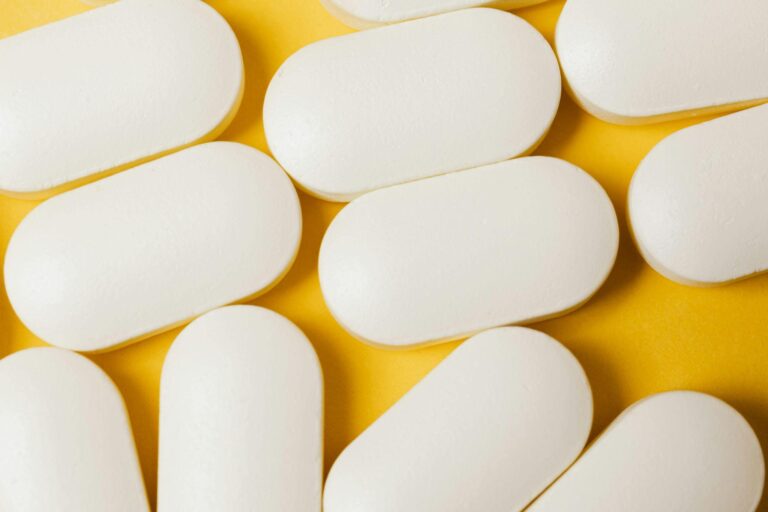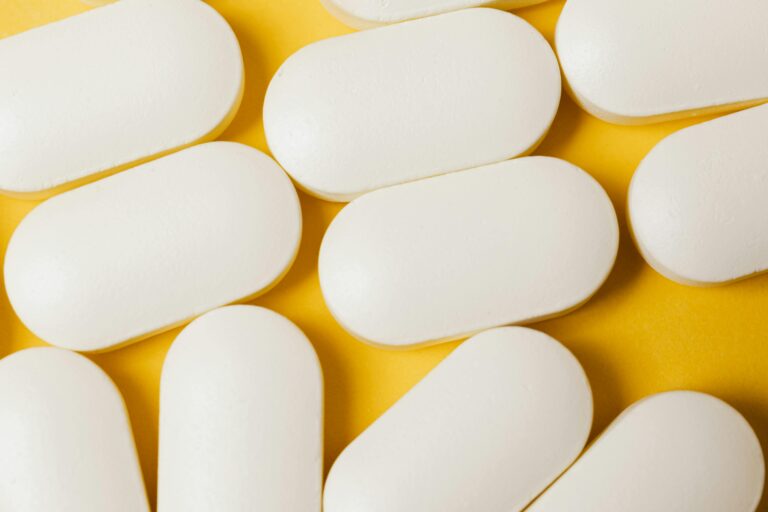The phenomenon of puffy faces among individuals with alcohol use disorders is a multifaceted issue rooted in physiological changes induced by excessive alcohol consumption. This condition can largely be attributed to the body’s struggle to regulate fluid balance and inflammation, each intertwining to create the characteristic swelling. However, a closer examination of the underlying biological processes and their long-term health implications is required to fully understand this condition. What are the specific mechanisms at play, and how might they be addressed or mitigated to improve both appearance and overall health?
Effects of Alcohol on the Body
Alcohol consumption can impact various systems in the human body, leading to a wide range of health issues. One of the most significant effects is dehydration, which occurs as alcohol inhibits the release of antidiuretic hormone, resulting in increased urine production and fluid imbalance. Dehydration effects are particularly concerning as they lead to electrolyte imbalances, impairing cellular function and exacerbating other health problems. Furthermore, chronic alcohol use is a primary contributor to liver damage. The liver, essential for detoxifying the bloodstream and metabolizing substances, is strained by the excessive intake of alcohol. Over time, this can progress to conditions such as fatty liver, alcoholic hepatitis, fibrosis, and cirrhosis. These liver conditions impede the organ’s ability to perform vital functions, leading to systemic repercussions throughout the body and changes in skin appearance and function.
As the liver becomes less efficient at processing toxins, these substances may accumulate, contributing to a puffy appearance in the face and other areas. Recognizing these signs is important for individuals seeking to understand the broader implications of alcohol consumption on bodily health.
Causes of Facial Swelling
The impact of alcohol on the body extends to visible physical changes, one of which is facial swelling, a noticeable symptom for many individuals with chronic alcohol use. Alcohol affects various bodily systems, leading to both immediate and prolonged effects. One of the primary contributors to facial swelling is the dehydration impact caused by alcohol consumption. Alcohol acts as a diuretic, increasing urine production and leading to dehydration. This dehydration prompts the body to retain fluids in an attempt to maintain balance, resulting in the puffiness observed in the face. In addition to the dehydration impact, an inflammation response plays an essential role in facial swelling. Chronic alcohol intake can trigger an inflammatory reaction as the body attempts to metabolize the alcohol.
This process can cause blood vessels to dilate and tissues to become inflamed, further contributing to the swelling of facial features. Moreover, alcohol impairs the liver’s ability to function efficiently, leading to an accumulation of toxins, which exacerbates inflammation and fluid retention. Understanding these mechanisms underscores the complex interplay of factors that contribute to the facial swelling seen in individuals with alcohol use disorders.
Long-term Health Implications
Chronic alcohol consumption is not merely a matter of visible physical changes, but also heralds a host of serious long-term health implications. Beyond the immediate aesthetic alterations such as puffy faces, the long-term consequences of excessive alcohol intake can be profound and multifaceted. Alcohol, a known toxin, exerts significant strain on essential organs, particularly the liver. Over time, this leads to liver cirrhosis, a severe condition characterized by scarring and impaired liver function. This condition alone presents significant health risks, including jaundice, bleeding disorders, and increased susceptibility to infections. Additionally, chronic alcohol use is linked with cardiovascular issues, contributing to hypertension and cardiomyopathy, a disease of the heart muscle that can lead to heart failure.
Neurologically, long-term alcohol abuse may lead to cognitive impairments and disorders such as Wernicke-Korsakoff syndrome, a form of dementia. The immune system is compromised, resulting in an increased vulnerability to diseases. There is also a heightened risk of developing certain cancers, such as those of the mouth, throat, esophagus, and liver. Understanding these health risks emphasizes the necessity for early intervention and highlights the critical importance of addressing alcohol dependency proactively.
Steps to Reduce Swelling
Addressing the physical symptoms associated with alcohol abuse, such as puffy faces, is an important aspect of recovery and improving overall health. Swelling in the face is often a result of fluid retention and inflammation caused by excessive alcohol consumption. Taking steps to mitigate these symptoms involves lifestyle changes and hydration tips that can greatly benefit one’s well-being. Implementing lifestyle changes is essential. Reducing alcohol intake or achieving sobriety is the most effective way to prevent further swelling. Incorporating a balanced diet rich in anti-inflammatory foods, such as fruits, vegetables, and whole grains, can help reduce facial puffiness. Regular physical activity promotes circulation and lymphatic drainage, which may alleviate fluid retention.
Hydration tips play an important role in managing swelling. Alcohol is a diuretic, leading to dehydration, which can exacerbate facial puffiness. To counter this, drinking ample water throughout the day helps maintain proper hydration levels. Additionally, consuming herbal teas like dandelion or green tea can assist in flushing out toxins and reducing inflammation.

Final Thoughts
Chronic alcohol consumption leads to facial puffiness through mechanisms such as dehydration, inflammation, and impaired liver function. The diuretic effect of alcohol causes fluid retention, while inflammatory responses and liver damage exacerbate swelling. These physiological changes highlight the broader health implications of alcohol use disorders, emphasizing the significance of addressing the root causes. To mitigate facial swelling, reducing alcohol intake, improving hydration, and seeking medical intervention for liver health are essential steps in promoting overall well-being.
At Altitude Recovery, we’re here to elevate you from the challenges of substance use to a place of lasting resilience and renewal. Our dedicated team crafts personalized, evidence-based treatment plans, guiding you on a journey uniquely tailored to your needs and goals. Reach out for the compassionate support you deserve on your path to wellness by contacting us. Follow us on Facebook for more insights, resources, and stories of hope as we walk alongside you towards recovery.
Frequently Asked Questions
How Long Does It Take for Facial Swelling to Reduce After Quitting Alcohol?
Facial swelling reduction after quitting alcohol varies individually, often improving within days to weeks. The importance of hydration cannot be overstated, as maintaining adequate fluid intake aids in flushing out toxins and restoring skin health. Implementing lifestyle changes, such as a balanced diet and regular exercise, further supports this process. Medical professionals recommend monitoring progress and consulting healthcare providers for personalized guidance to optimize recovery and overall well-being.
Can Certain Diets or Foods Help Reduce Puffiness in the Face?
Certain diets and foods can indeed assist in reducing facial puffiness. Incorporating anti-inflammatory foods such as leafy greens, berries, and fatty fish into one’s diet may provide benefits. Additionally, effective hydration strategies, including regular water consumption and limiting alcohol and caffeine intake, can aid in reducing swelling. These approaches, combined with a balanced diet, can promote overall health and potentially decrease facial puffiness over time.
Are There Medications That Specifically Target Alcohol-Related Facial Swelling?
Current medication options for addressing alcohol-related facial swelling are limited, as treatments primarily focus on underlying causes such as liver dysfunction. Diuretics may provide some relief by reducing fluid retention, but their treatment effectiveness is contingent upon thorough medical evaluation. Addressing alcohol use through rehabilitation programs is essential, as it directly impacts symptoms. Collaboration with healthcare professionals guarantees a tailored approach, optimizing both recovery and symptom management in affected individuals.
Is Facial Swelling a Common Sign in All Stages of Alcoholism?
Facial swelling is not uncommon and can occur at various stages of alcoholism due to several alcohol effects. Chronic alcohol consumption may lead to fluid retention, liver dysfunction, and inflammation, all of which are potential swelling causes. This symptom can vary in severity, influenced by the individual’s overall health and duration of alcohol use. Understanding these physiological impacts is essential for those considering alcohol or drug abuse programs as part of their recovery journey.
Can Facial Exercises Help in Reducing Alcohol-Induced Facial Puffiness?
Facial exercises, while beneficial for muscle tone, may not greatly reduce alcohol-induced facial puffiness. This condition often results from dehydration and inflammation. Enhancing facial hydration through proper skincare and adequate water intake can complement exercise routines, potentially aiding in reducing puffiness. However, addressing alcohol consumption is essential for long-term improvement. Consulting healthcare professionals for a thorough approach, including potential lifestyle changes, is recommended for individuals dealing with alcohol-related facial swelling.



